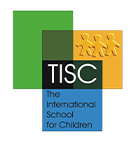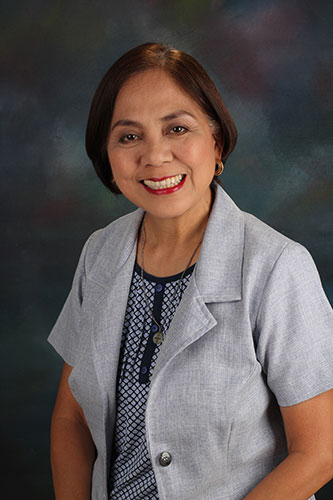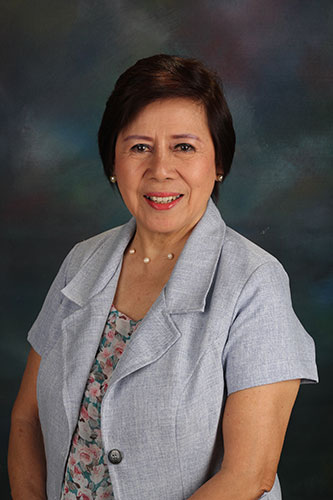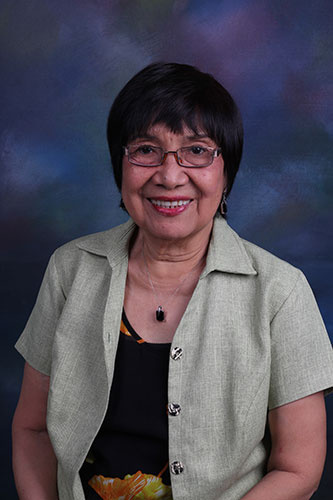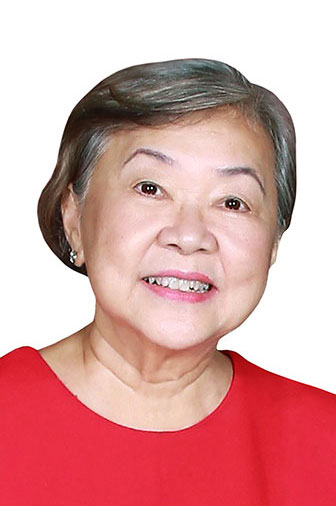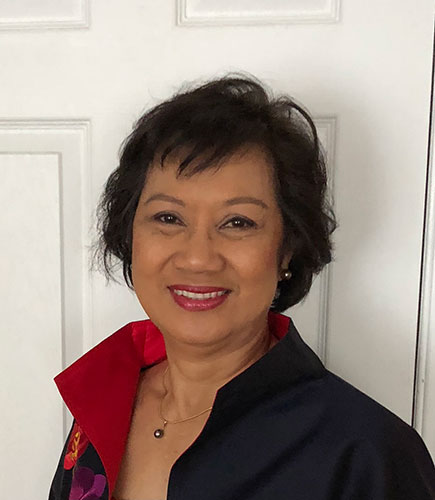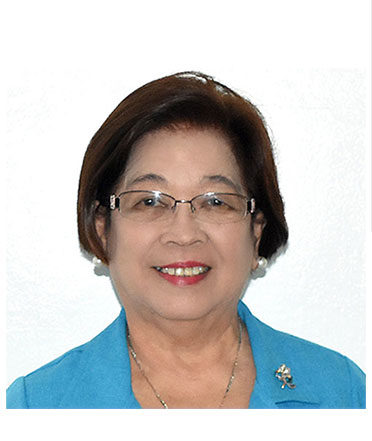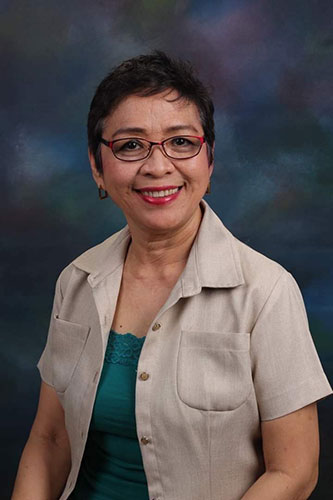
About Us
Know More
About Our School
The founders-owners of The International School for Children are (in alphabetical order): Sarah A. Catis, Aurora Caparas-Corpuz, Evangeline A. Dumlao, Patria G. Jardiniano, Antonia M. Lagra, Vivian V. Lim, Agnes T. Tanada, and Esperanza P. Villamor. All of them are former teachers from the International School Manila (ISM).
The TISC pioneers had a dream: To put up a school for Filipino children, drawing upon their vast and varied experience in math, language arts, science, gifted program, second language learning (ESL), and guidance counseling. That dream became a reality when they opened the doors of the school in February 2, 2002.
TISC is a non-sectarian private school recognized by the Philippine government. The N-K-P of the Pre-Elementary Course was given government recognition in September 2003; Grades 1 – 6 in March 2009, and Complete Secondary Course (BEC) in February 2008. It offers pre-school, basic elementary, and high school education.
Having identified a location in Tanza, Cavite, and after duly registering with the Department of Trade and Industry, and the Securities and Exchange Commission, the group of former colleagues and friends set out to spread the word that there was a pre-school right in Cavite that could provide high-quality education to residents of nearby areas.
As they set their recruitment plans into motion, they set a modest target: if there were 12 enrollees, the group would continue with the school project. Less than 12 pupils would be the signal that it would not be a worthwhile venture, yet they agreed that they would still complete the school year in order to meet their obligation to the students and parents.
They distributed fliers in subdivisions, malls, restaurants… To their surprise, 39 pre-schoolers enrolled for the first year! When classes started, the parents noted the personalized instruction and the child-friendly environment. What drew more students to TISC? Among the main values taught to all are independence and responsibility. Instruction is in English, and spoken even outside classrooms.
Soon parents took notice of how very young children loved coming to school and did not want to be absent! They actually enjoyed their lessons and activities. This built for each student a good foundation for love of learning and critical thinking as well as life skills.
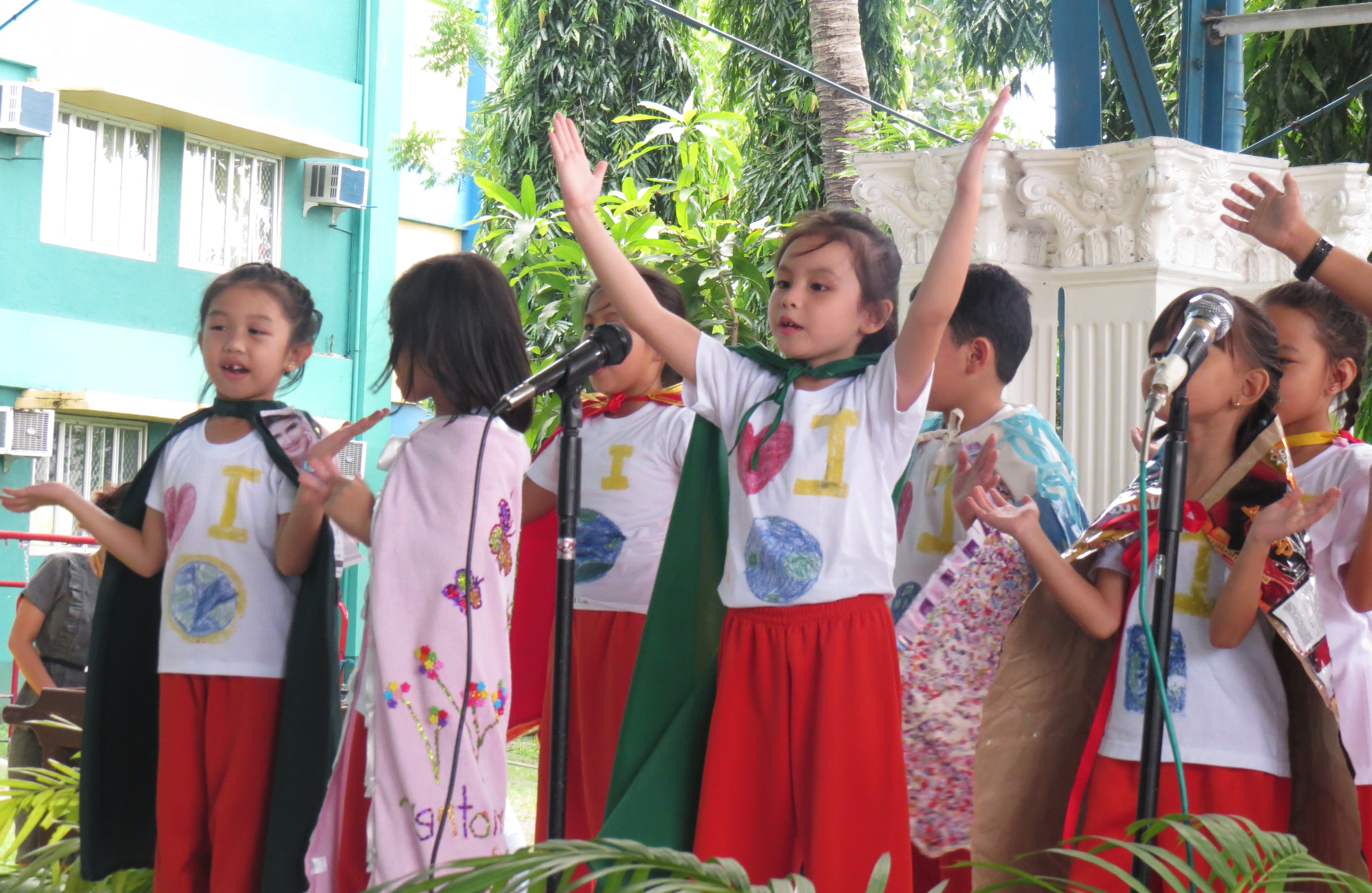
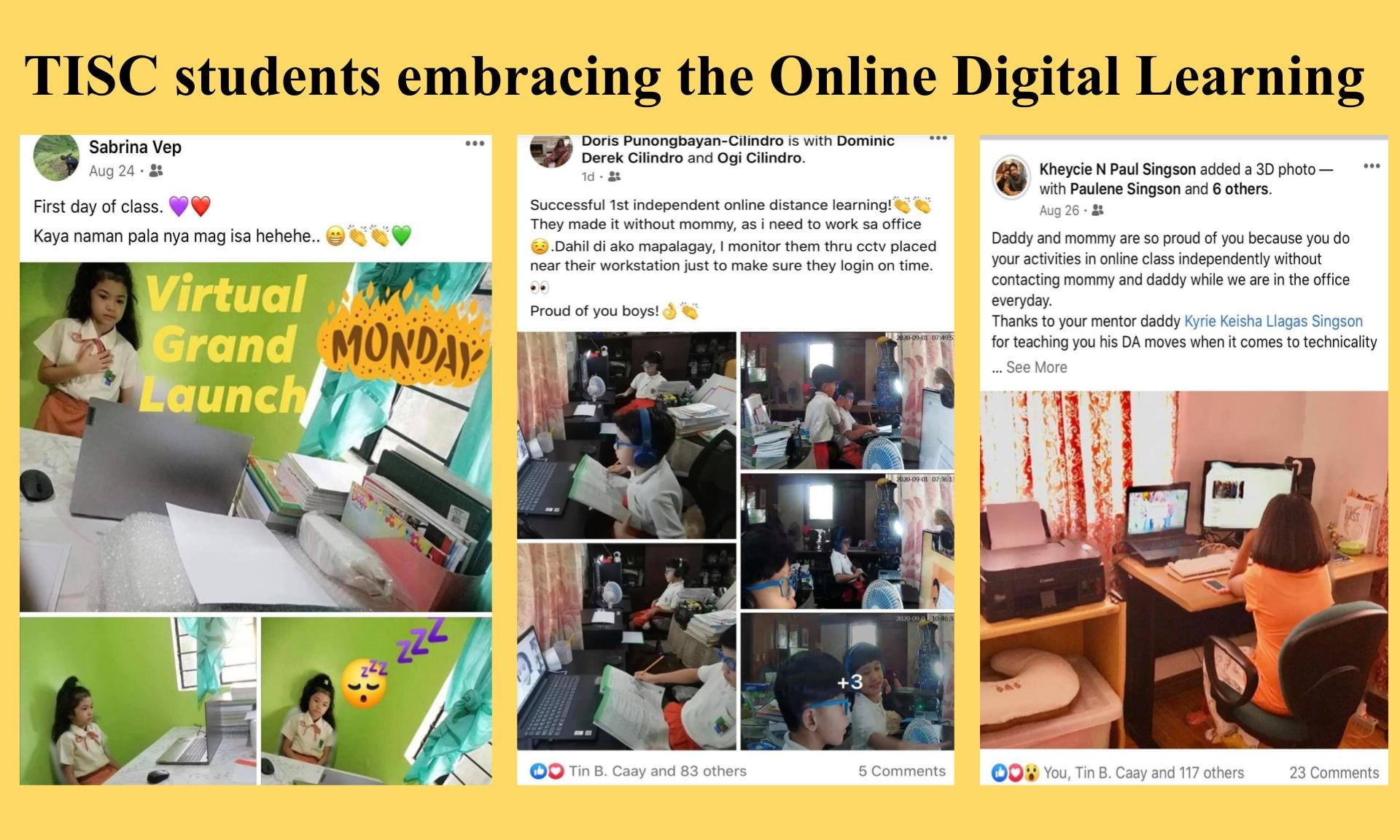
Encouraged by positive feedback from parents that they would like their children to continue learning at TISC as they grew older, the construction of the 4-storey main building designed by well-known architect Jose Siao Ling began in 2003. The following school year, 2003-2004, the school’s first batch of first to fourth-grade students was welcomed – a total enrollment of more than 100 students. As the first batch of fourth-graders grew, TISC and the teaching and support staff grew with them until they graduated from sixth grade. All of the first batches of Grade 6 graduates who took the entrance examination to the Cavite National Science High School that year passed with high scores. That was a feather in the cap of TISC in 2009! That was only the beginning of a continuing “tradition” of graduates.
TISC is proud to consistently graduate pupils who not only excel in their chosen fields but are socially-aware and are growing up to be valuable members of the global citizenry.
Though the pandemic has dealt a blow to much of the structures, including education. TISC continues this proud tradition through innovation and service with a heart.
Statement of Mission
The International School for Children is a non-sectarian private school for Filipino and expatriate children. The school provides a curriculum that adheres to the national requirements while maintaining international standards and expectations.
It is committed to developing global citizens equipped with lifelong skills to enable them to participate actively in local and world affairs. The school program and courses are designed to develop children to be reflective, creative, and critical thinkers in a literate environment. English is the medium of instruction.
OUR VISION
To develop children to be reflective, creative, and critical thinkers in a literate environment.
Philosophy
We believe that The International School for Children has the dynamism, expertise, and resources to promote the development of global citizens of the future. Therefore, we aspire to offer a rich and rigorous, and balanced curriculum in keeping with the demands and challenges of the times both nationally and internationally.
We believe that, to develop children to be reflective, creative, and critical thinkers, we must:
- Create a learning environment which will foster the highest possible standards of education for children;
- Provide opportunities for children to acquire the necessary skills, knowledge, and attitudes to become life-long learners;
- Encourage children to be flexible and proactive in decisionmaking and problem-solving;
- Inculcate good citizenship by gaining understanding of one’s rights, duties, and responsibilities;
- Foster awareness and respect for different cultures and nationalities.
PIONEER AWARDS
When TISC was founded in 2002, thirty-nine preschoolers enrolled. From that original number of enrollees, eleven students stayed on. They were the very first High School graduates in March 15, 2013. They practically grew up in school, having spent 11 years in TISC!
To acknowledge their loyalty and to honor their unstinting commitment, they were accorded the distinctive PIONEER AWARDS with the following inscription on the trophy:
“For having ventured in new education frontier with TISC when it opened its door in 2002, thus blazing the trail for others.”
The awardees were:
Daniel Joshua D. Corcuera, Joshua B. Garcia, Selyne Clarisse C. Dy, Jamy Apples B. Ong, Neilmar F. Dela Pena, Renard Luke A. Patron, Gem W. Lei, Meg W. Lei, Mariel Lizeth M. Quijano, Ernest James J. Fraginal, and Zenaida Elenjoy G. Diosana
